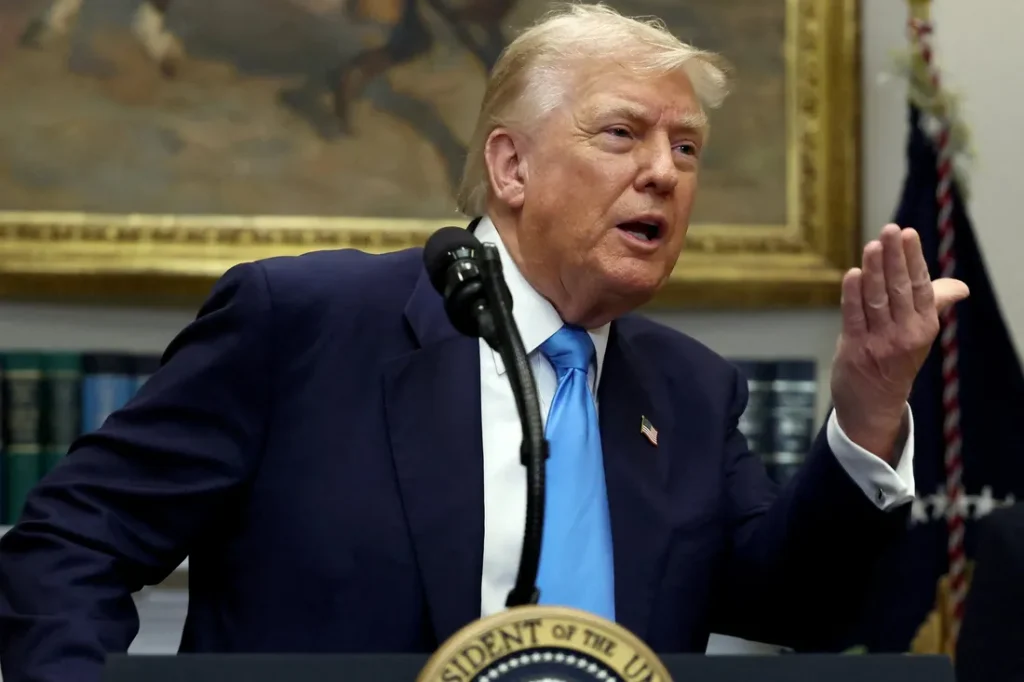Trump Labels 23 Countries as Major Drug Transit Hubs in Presidential Determination
In a formal submission to Congress, U.S. President Donald Trump has designated 23 countries as major drug transit or illicit drug-producing nations. Among those named are Pakistan, China, India, and Afghanistan—highlighting their roles in the global drug trade due to geographic and commercial factors.
What the Designation Means
The Presidential Determination clarifies that inclusion on the list does not necessarily reflect a country’s counter-narcotics efforts or cooperation with the United States. Instead, it considers factors such as location, trade routes, and economic conditions that facilitate drug movement or production—even in nations actively combating narcotics.
Countries “Failing Demonstrably” in Drug Control
Five countries—Afghanistan, Bolivia, Burma, Colombia, and Venezuela—were singled out as having “failed demonstrably” to meet international drug control obligations over the past year. This designation could influence U.S. foreign aid and diplomatic relations.
Pakistan and India Named as Transit Routes
Pakistan and India were identified as major drug transit countries, though not among those deemed to have failed in their efforts. The inclusion underscores the region’s vulnerability to cross-border trafficking and the need for enhanced enforcement and international cooperation.
Global Drug Syndicates and Enforcement Successes
The announcement comes amid growing concern over transnational drug networks. In a related development, India’s Narcotics Control Bureau (NCB) recently dismantled a global drug trafficking syndicate that used encrypted platforms, drop-shipping models, and cryptocurrency to smuggle controlled substances across four continents. The operation, which began with a vehicle interception in New Delhi, revealed the vast reach of illicit pharmaceutical networks.
U.S. Commends Indian Authorities
The U.S. Embassy in India praised the NCB’s efforts, stating, “Thanks to NCB and Indian authorities for helping protect Americans against illegal drugs and saving American lives.” This acknowledgment reflects ongoing collaboration between nations in tackling the global drug crisis.
Politics or Policy? Mixed Reactions to the List
Some critics argue that political motives may have influenced the list, pointing out the absence of countries like Canada. While the determination is grounded in strategic assessments, its implications extend beyond enforcement—impacting diplomatic relations and public perception.



Comments (0)
No comments yet. Be the first to comment!
Leave a Comment